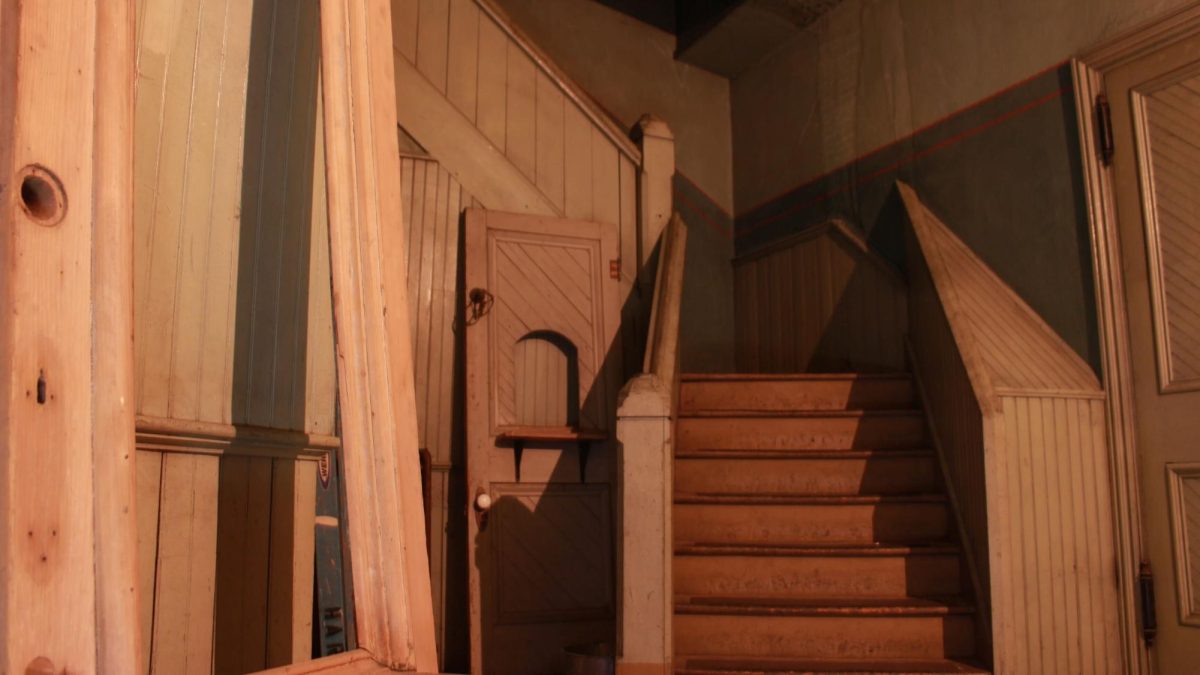The State – 10/15/20
October 14, 2020
Governor Gretchen Whitmer’s request to delay the Supreme Court’s decision to cancel all emergency orders until Oct. 30 has been denied.
However, new emergency orders issued by the Michigan Department of Health and Human Services and local health departments including Ingham County Health Department – will not be affected by the Court’s ruling.
Prior to the ruling, the Ingham County Health Officer said the county had been doing pretty well with adherence outside of the 18-24 age group, but it’s a matter of getting people to recognize that while the governor’s orders were overturned and the statute she based them on was found unconstitutional, the new orders are legally in place.
One of the stranger results of this pandemic is MSU’s overseas students’ adjustment to online classes. While the average MSU student isn’t all that happy about online classes, international students like sophomore Nikunj Agarwal from Bangalore, India, are living thousands of miles away from campus, in vastly different time zones.
When Agarwal wakes up at 4 p.m., the day is just starting back in East Lansing. He creates his schedule based off of Eastern Standard Time but lives nine and a half hours ahead, in Indian Standard Time. While his family — along with the majority of India — is sleeping, Agarwal is working, often until 6:30 a.m.
To him, this is just a way of life that he’s gotten used to, but those around him warn that it’s unhealthy.
On top of his nocturnal schedule, he has been sick for the past two weeks, which he said is unrelated to the fact that he’s up all night and sleeps through the day, although his parents disagree.
According to Zen Zhong, a counselor at MSU’s Counseling & Psychiatric Services, a sleep schedule like this could be a health detriment. He said that sleep deprivation can impact both physical and mental health, as well as learning.
Ingham County can fully expect a second wave of COVID-19, it’s just a matter of how bad that wave will get, according to Ingham County Health Officer Linda Vail in a media briefing Tuesday.
As Monday marked seven months since the county saw its first COVID-19 case on March 12, Vail said she expects to be dealing with the virus through the winter. The direction will largely depend on the degree to which they can get strict adherence to precautionary guidelines.
Had the control of the virus the county saw in early June remained, then it would have been very easy to see and determine when a second wave was truly beginning. The increase in cases saw in August, Vail said is perhaps a bit too early to be considered a second wave.
Based on the timeline with influenza and respiratory illnesses, Vail said a second wave tends to align with the fall and winter seasons. During this time, people tend to spend more time indoors in congregated settings sharing air space.































